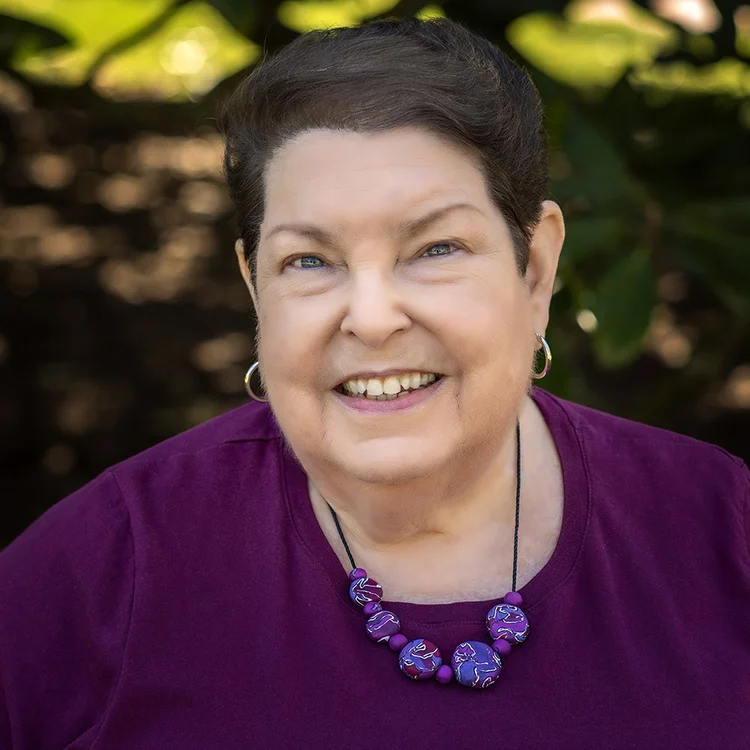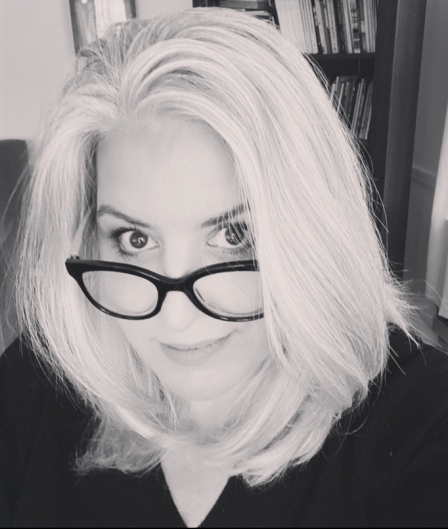
Paperback, 90 pgs.
I am an Amazon Affiliate
Breaking the Blank by Dwayne Lawson-Brown and Rebecca Bishophall is a poetic conversation between friends and parents about parenting, their experiences in a society where Racism and toxic masculinity infect everyday life, and where they seek out the joy.
The collection’s first section is titled “Breaking the Mold,” and is a meditation on being a parent to young children and the sacrifices that entails. From “Parenting” about a parent sitting very still in vomit covered clothing as a baby sleeps to “Cash and Respect” where a son reflects on the dedication of a single working mother who raised them, Lawson-Brown and Bishophall paint a picture of childhood that is protected and unprotected at the same time, the immense strength it takes to raise children, and the full circle of respect and love when those children grow.
“Blank Space” follows this parenting section and reflects a search for fulfillment, whether that is through writing, love, friendship. It’s a filling up of space and search for contentment and solace, for love and understanding. But there is loss here too. One of the most emotional poems for me was “For Immortals That Live on Soundcloud” by Lawson Brown: “A simple ‘pardon me’ would have been nice/As you bumped your way to heaven/Showing up at the gates/Before anyone saw your invitation//” (pg. 20) It’s a meditation on a life gone too soon and how we struggle with the empty space left behind, the anger we feel at them leaving us so soon, and the sadness.
Naturally, “Fill In My Blank” follows up this section with a set of poems about crushes, texting after breakups to rekindle the past, and more. Some favorites in this section include “Three Little Words” and “Honestly” for their sensuality and tenderness. But there are so many others you could fall into.
Playground Pause by Rebecca Bishophall (pg. 54) Cops near playground turn laughs to silence. Adults still until the lights turn the corner.
Pain Per Due by Dwayne Lawson-Brown (pg. 55) ... Embarrassment and prejudice Go down easy With blueberry compote The French toast Sweet as erasure The tab covered in the price of my past.
In the final sections, “Breaking the Cycle” and “Breaking the Rules,” our poets are here to resist societal norms and demonstrate to readers that breaking rules and cycles of the past does not spin the world out of control, but brings us closer as a people. These sections are full of power and must be read.
Breaking the Blank by Dwayne Lawson-Brown and Rebecca Bishophall asks readers to pause their own lives and perspectives and listen. Just listen. Similarities will emerge, and we need to learn that pain and love are universal and essential to everyone’s well-being.
RATING: Quatrain

Rebecca Bishophall and Dwayne Lawson-Brown met each other as juniors in high school in the late 1990’s and have been literary colleagues, and friends, ever since. Rebecca Bishophall has featured at Spit Dat, Afrocentric Book Expo, and others, and works in member services for a non-profit organization. She graduated from Trinity University in 2006 with a major in Communications. Dwayne Lawson-Brown, aka the Crochet Kingpin, is co-host of Spit Dat, the longest running open mic in Washington, D.C. Their poems were recently published in 2022 Pride Poems, they co-authored the Helen Hayes nominated play, From Gumbo to Mumbo, and they are an editor of the literary magazine Bourgeon.
Check out this interview with the poets.



 About the Poet:
About the Poet:
 About the Poet:
About the Poet:



 About the Poet:
About the Poet:


 About the Poet:
About the Poet:


